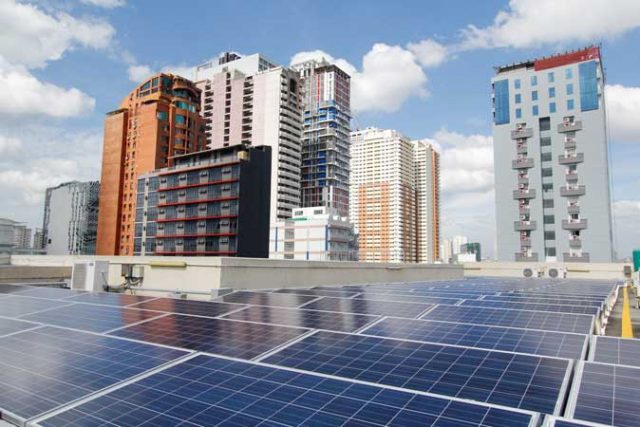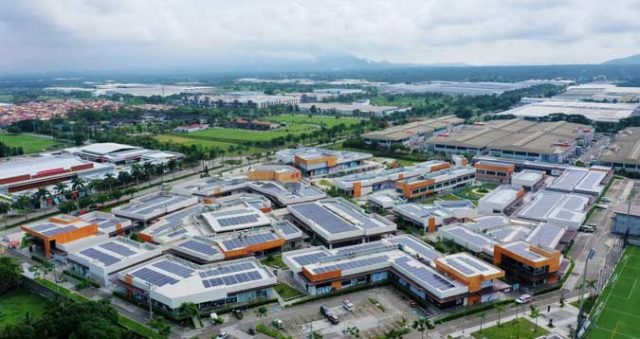By Alyssa Nicole O. Tan, Reporter
“GREEN” employers like solar power farms, as well as content generators within the creative industries, are expected to drive employment in the next few years, making it crucial to address mismatched skills that prevent graduates from taking on these jobs seamlessly, according to Philippine Business for Education (PBEd).
“From our experience in YouthWorks PH, especially during the pandemic, we need to look more into pandemic and climate-resilient industries, so what we found were green industries, for example… the workforce of the solar energy industry,” PBEd Executive Director Lovelaine B. Basillote told reporters on the sidelines of the PBEd Skills Partnership Summit on Wednesday.
“We’re also looking at cloud technologies because… whether there’s a pandemic or a calamity, as long as infrastructure is there, we can actually work in the cloud,” she added. “We’re also looking at… social media content creation. We see a lot of opportunities there.”
The YouthWorks program, which seeks to tap the potential of the young workforce by investing in skills development, began in 2018. It has 77 private company partners, including McDonald’s Corp., Amazon Web Services, Inc., and BDO Unibank, Inc.
The US Agency for International Development has increased its original grant of $4.48 million for the program, which was initially meant to end in 2023, with an additional $3.86 million to extend the project until 2026. The partnership agreement for the extension was also signed during the event on Wednesday.
The private sector, Ms. Basillote said, places a premium on workers who can deliver on productivity goals while working with technology. This includes skills that promote teamwork and communication without being in the same space.
The main issue, she said, is the disconnect between business and education, especially for those who plan to work right after graduating from the K to 12 program.
“There are many existing preconceptions, biases against senior high school graduates,” she said. “If the private sector is just exposed to them, to the senior high school graduates, they will really change their minds and we were able to prove that.”
She cited a pilot program earlier performed which lasted a year and resulted in a commitment from the private sector to open over 20,000 employment positions up to K to 12 graduates. The employers involved agreed to waive the college degree requirement in their job advertisements.
“We went to the DepEd (Department of Education) and looked at the curriculum, and then matched that with the qualifications required in the job advertisements. What we found was 93% were matched, theoretically,” she said.
“The we asked the senior high school coordinators of schools and brought them together with the HR (human resources) of the companies,” she added. “This is a matter of also bringing people together because the private sector (doesn’t) know, so you need someone to advocate for the youth.”
Job fairs were also organized, she said, which led to about 40% of the 3,000 participants being invited to proceed to the next level of the recruitment process.
The PBEd has pitched government agencies to work with senior high school coordinators to broaden the pathway to internships.
“We’re hoping that we can partner with the DepEd so that we can train as many of their senior high school coordinators as possible, so that’s something we in the private sector can do to help scale these kinds of initiatives,” she said.
She also suggested decongesting the competencies in senior high school to make the curriculum more responsive to the needs of employers.
Philippine Institute for Development Studies Senior Research Fellow Jose Ramon G. Albert, speaking at the event, noted the need to ensure quality of learning and training over a broad base.
“Our policies are (geared towards getting) children to school to the neglect of quality; even interventions focus on quantity — more training programs, more trainees — than on quality assurance,” he said.
The Philippines must ensure quality basic education while increasing work-integrated learning in technical-vocational education and systems thinking in higher education, he said. It must also work on building digital skills and soft skills in the workforce.
Incentives, he added, should be provided for enterprise-based training, while industry must begin to value training certificates.
According to PIDS, about one in five Filipinos aged 15 to 24 are neither in employment, education or training (NEET), the third-highest such proportion in the Association of Southeast Asian Nations.
“NEET, nearly double for women than men, is highest in BARMM (Bangsamoro Autonomous Region in Muslim Mindanao)… is higher among the poor (23%) than the non-poor, and is higher among the rural population (19%) than the urban,” Mr. Albert said.
He noted that school attendance drops from ages 17 to 21, with more males than females leaving to start working. Many females also leave school to become economically inactive in fields like home care.



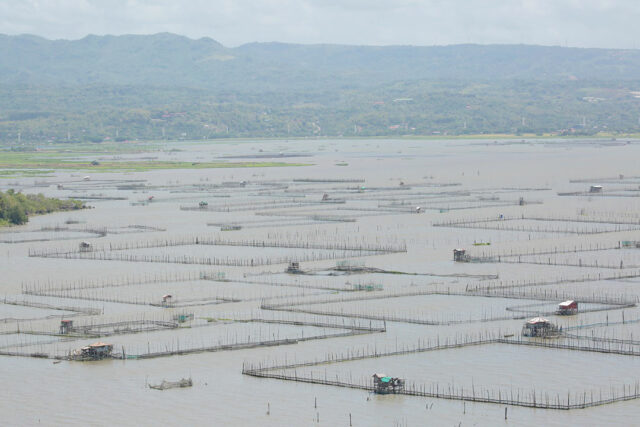


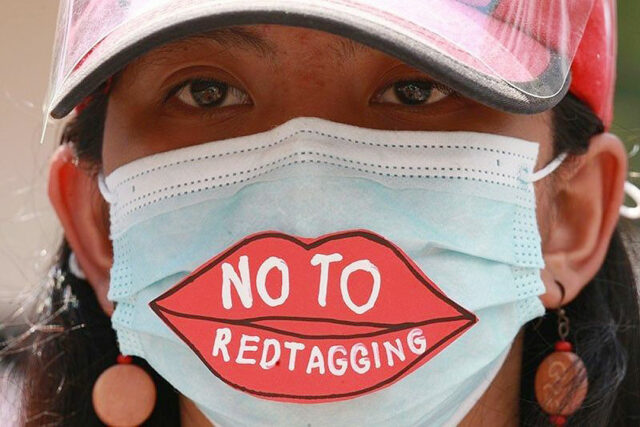

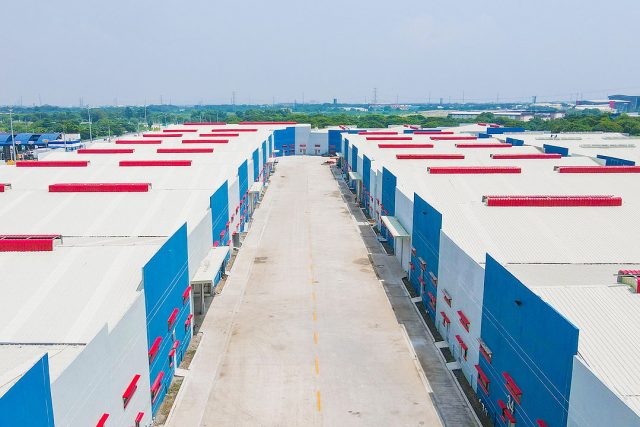
 “No focal point for national end-to-end supply chain undertakings. No strategic drive,” he added.
“No focal point for national end-to-end supply chain undertakings. No strategic drive,” he added.